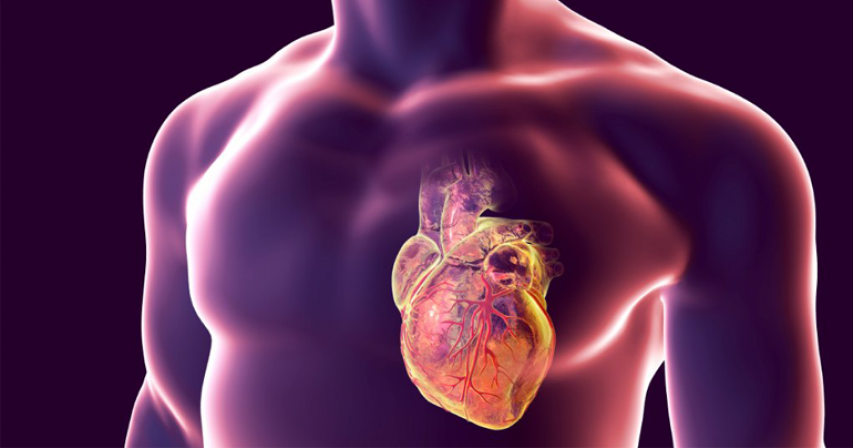7 Simple Steps to Avoid a Heart Attack
- 4 years ago

BY R. TODD HURST, MD, FACC,
Board-certified cardiologist, WebMD
Every 37 seconds, someone in the United States dies from heart disease.
That’s about 650,000 people a year. And the numbers have been INCREASING every year since 2014.
Perhaps even more shocking than those numbers is the fact that this disease, in most cases, is largely preventable – and the steps of prevention really aren’t very complicated.
The problem is that most of us just aren’t doing it.
Life’s Simple 7
Research has shown that people at the highest risk for heart disease can lower their risk by as much as 80% by taking 7 simple preventive measures.
Yes, I said 80% – shocking, right? And these measures don’t just lower the risk for heart disease. Those who take these 7 steps cut their risk of stroke in half, lower their risk of cancer by 1/3, and give them the best chance of avoiding dementia.
Almost sounds too good to be true, doesn’t it? You would be right to be skeptical of such wondrous claims. We’ve all heard about the “miracle cures” that are anything but miracles, but these 7 factors aren’t a scam – and they won’t cost you hundreds or thousands of dollars. In fact, they’re not even particularly complicated. The American Heart Association calls them “Life’s Simple 7”.
The seven simple measures that can save your life – or the life of someone you love:
1. Be physically active.
2. Eat a healthy diet.
3. Don’t smoke.
4. Maintain a healthy weight.
5. Keep blood pressure numbers in a healthy range.
6. Maintain healthy cholesterol numbers.
7. Keep healthy blood sugar numbers.
I share Life’s Simple 7 with all of my patients who are at high risk for heart attack and stroke. Those who follow at least most of the steps do remarkably well—those who don’t are the ones who are more likely to struggle.
I wish I could get this powerful information to the 650,000 people who are going to die this year from heart disease BEFORE they have a problem. To let them know that they do have control over their health.
If you have heart disease or concerned about your risk, it’s critical to know that YOU can decide your fate. You can make changes that will help you avoid becoming one of the 650,000. And you don’t have to be perfect. Every additional health measure you add will significantly decrease your risk and improve the quality of your life.
We have the proof. Heart disease and stroke can be avoided. The power is in your hands.
Comments